About twenty years ago, I remember driving on narrow, undulating roads, through verdant countryside.
We were in the Eifel, Germany, it was early afternoon and we were on the way to Kraftwerk Heimbach, the electric power station built in Jugendstil in 1905. A tourist attraction still in use.
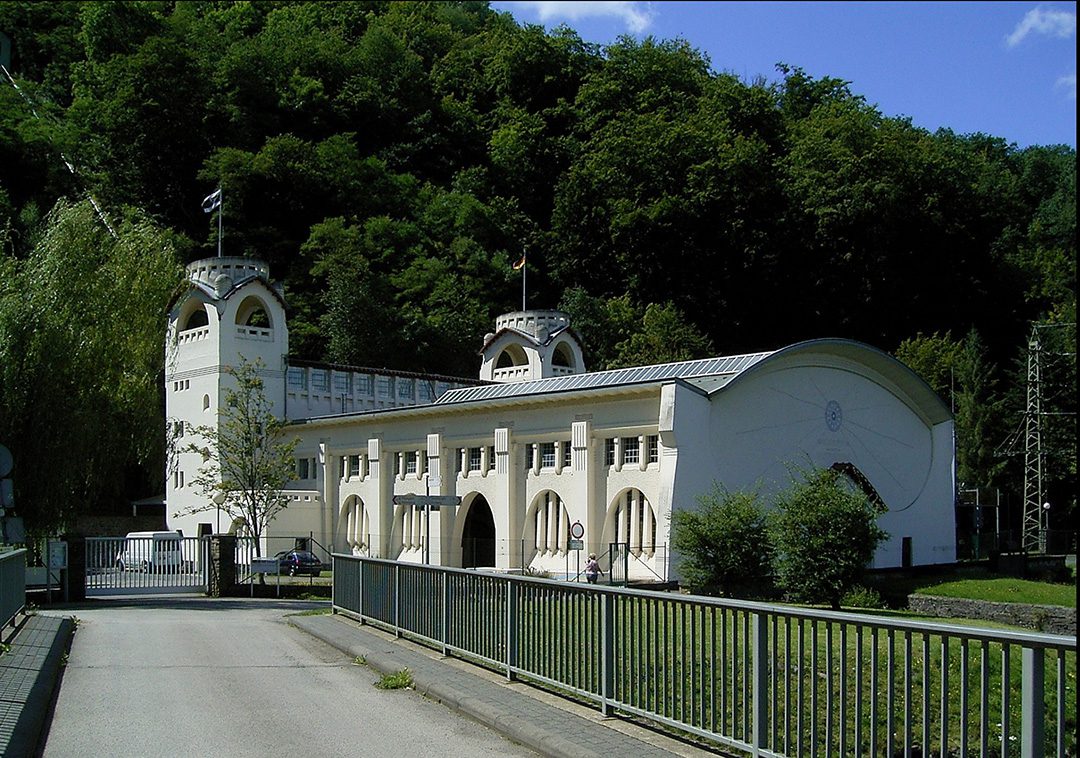
Kraftwerk, Heimbach | Photo by Frank Vincentz | Sourced from Wikipedia
H. was driving, George was next to him and I sat with E. his wife, on the back seat. Heimbach was their home and they wanted to take us to see the famous Kraftwerk, followed by supper at their house. They were upstanding citizens and very welcoming.
It was the first time the four of us had been together for any length of time. We began a back seat conversation.
Suddenly out of the blue, E. began to reminisce.
She spoke about her family’s poverty in the 1930’s.
How her grandfather had rented a milking cow from a Jewish Viehändler (cattle dealer) and when her grandfather could not pay the monthly rent that Jewish Viehändler took back the cow.
How could my grandfather feed his little children?
The question, asked with deep emotion, hung in the air.
There we sat close to each other as the scenes of my childhood flashed by.
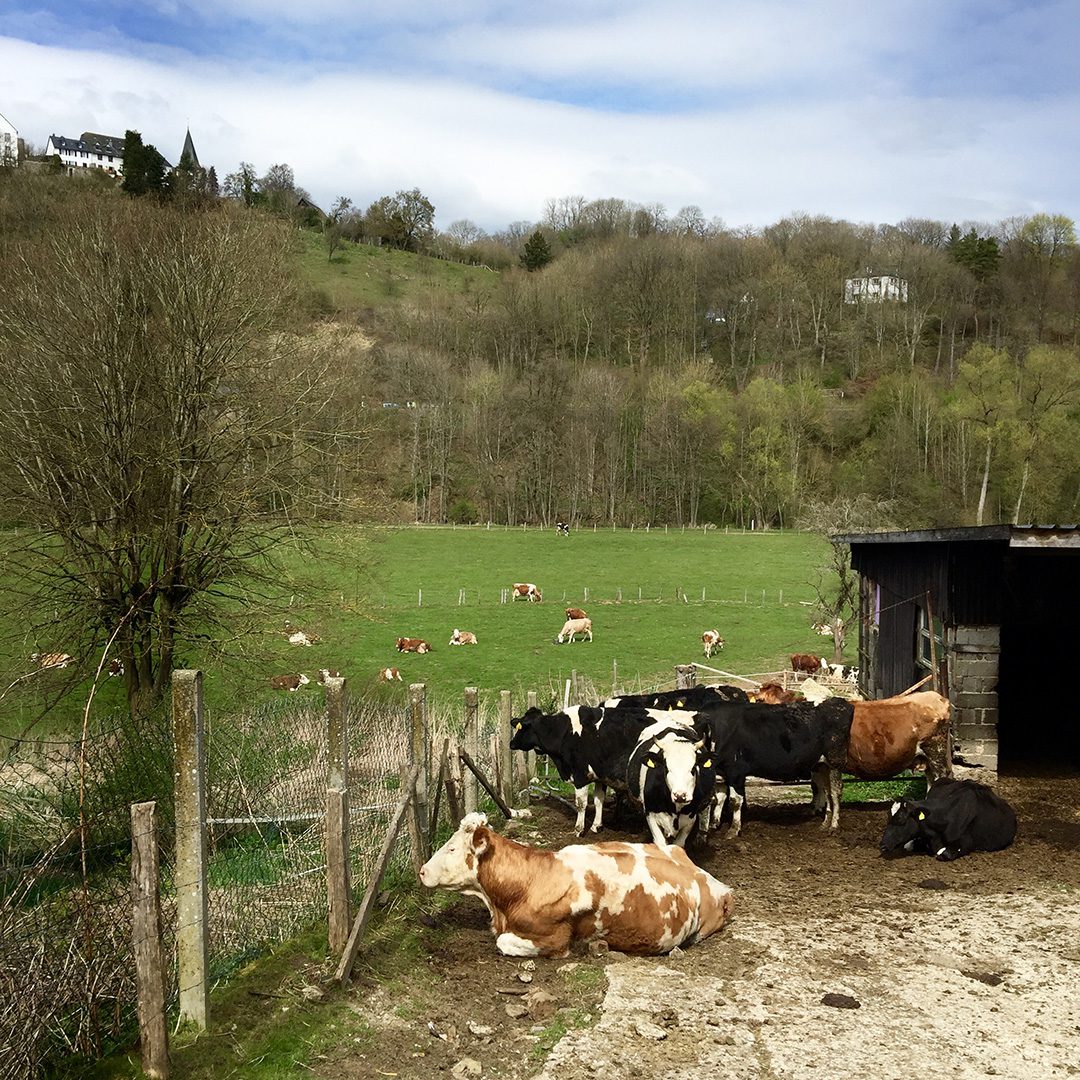
Eifel cow
Did my father know that Viehändler?
The Jewish community in the Eifel had been small.
I didn’t know what to say.
Suddenly in the silence I became aware of dark, subterranean, unresolved, resentments hidden beneath the civilized surface.
Car rides can lead to revealing conversations.
Around the same time, George and I were in a car with Frau Dr. G. driving to Belgium for lunch. The Belgian border was close by and she wanted to take us to her favorite restaurant.
We felt the warmth of her German hospitality.
This time I sat next to Frau G. and George was on the back seat.
She was still agitated by a recent event and began to share the details.
A local youth was spraying graffiti on the back wall of her property, next to the river, and she had caught him in the act. There was a long pause and then she added,
At least Hitler gave us law and order…..
Somehow the Belgian cuisine tasted like sawdust.
Disturbing memories lie unresolved beyond Germany’s borders.
In 2012, George and I landed at Bratislava airport.
P. met us and we began the long drive to his small home town. He had invited us to a week of remembrance for the former Jewish citizens, who had been driven out and murdered in his town.
He had arranged for a movie about Nicholas Winton’s Kindertransport rescue to be shown in the local cinema. Children would come , school by school to watch and then ask me questions.
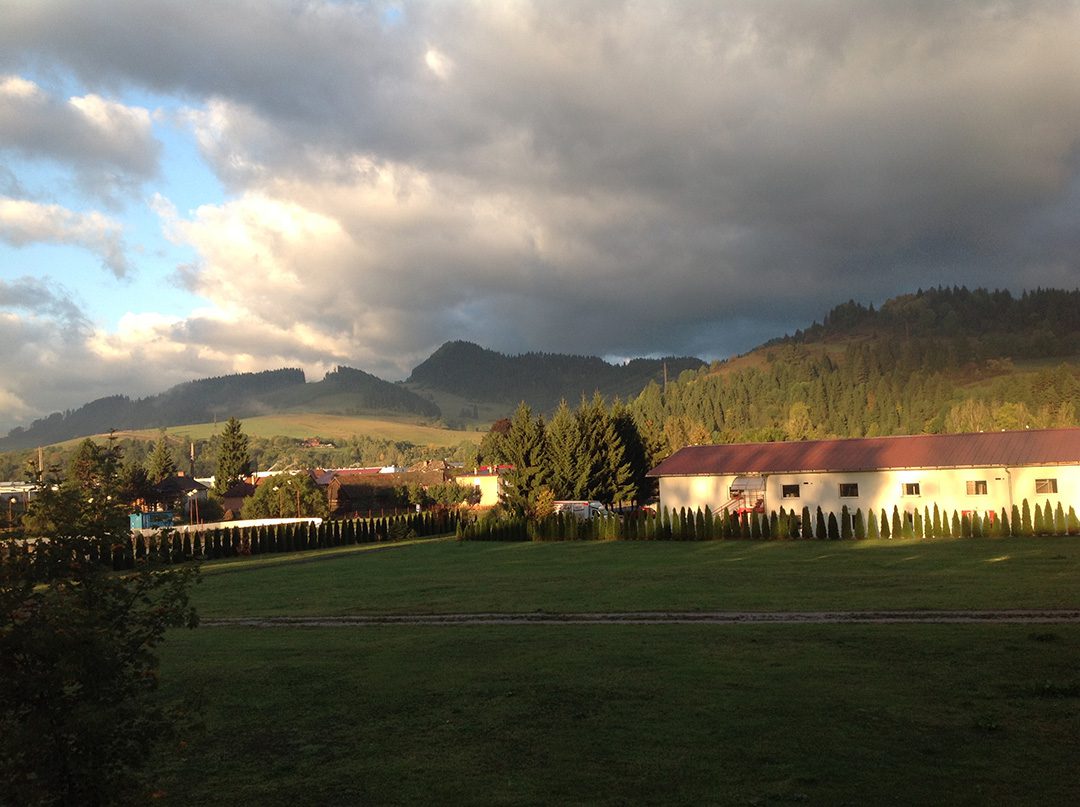
Slovakia
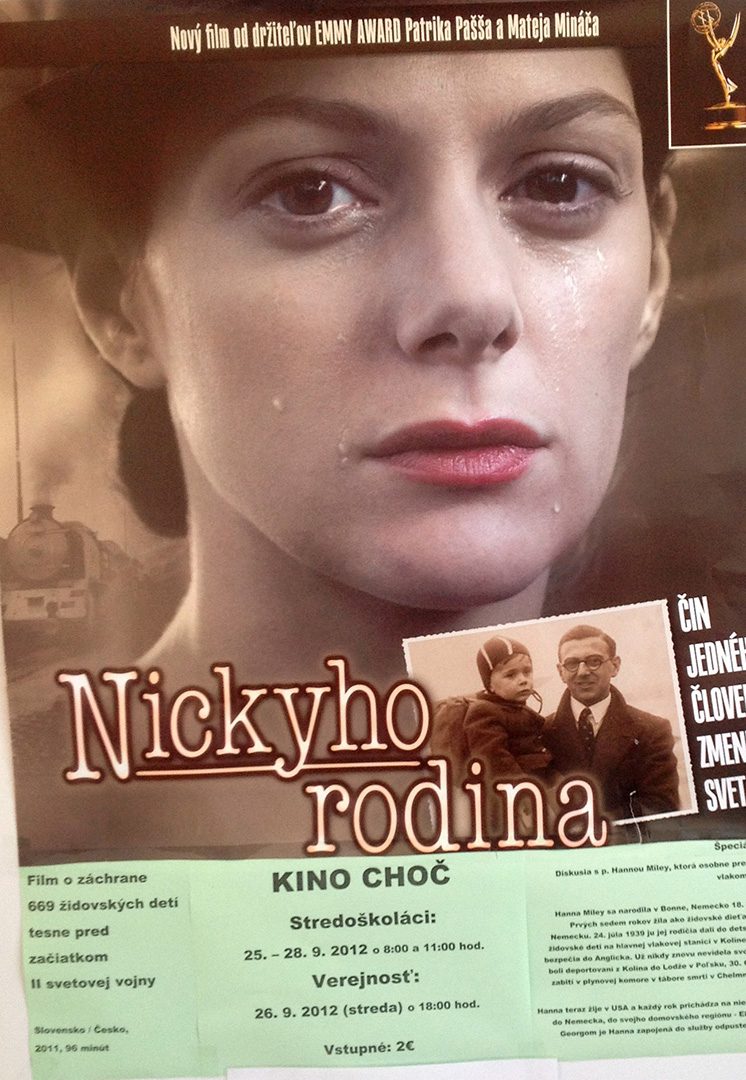
Film Poster
The cinema was located in the town center and formerly had been a synagogue.
We noticed the large, architecturally interesting houses lining the main street leading to the cinema.
We were amazed by the children’s interest and the caring way we were hosted.
We attended a crowded ceremony where a local politician, a member of the European Parliament unveiled a remembrance stone for the former Jewish citizens who had suffered cruel death at the hands of local citizens.
Tired after an unforgettable week, driving back to the airport, bonded by our shared experiences, we spoke freely.
And then the shock, the understanding in 2012 that those important houses at the center of the little town, near to the former synagogue had been the homes of rich Jews. Jews who had profited from the poor locals. Hanging in the air was the perception of Jewish guilt and horrific revenge.
What subterranean depths brought to the surface, inside an isolating metal box with 4 wheels, speeding along the freeway.
Three car stories from the past, from Europe, but what about now, and what about here in the USA?

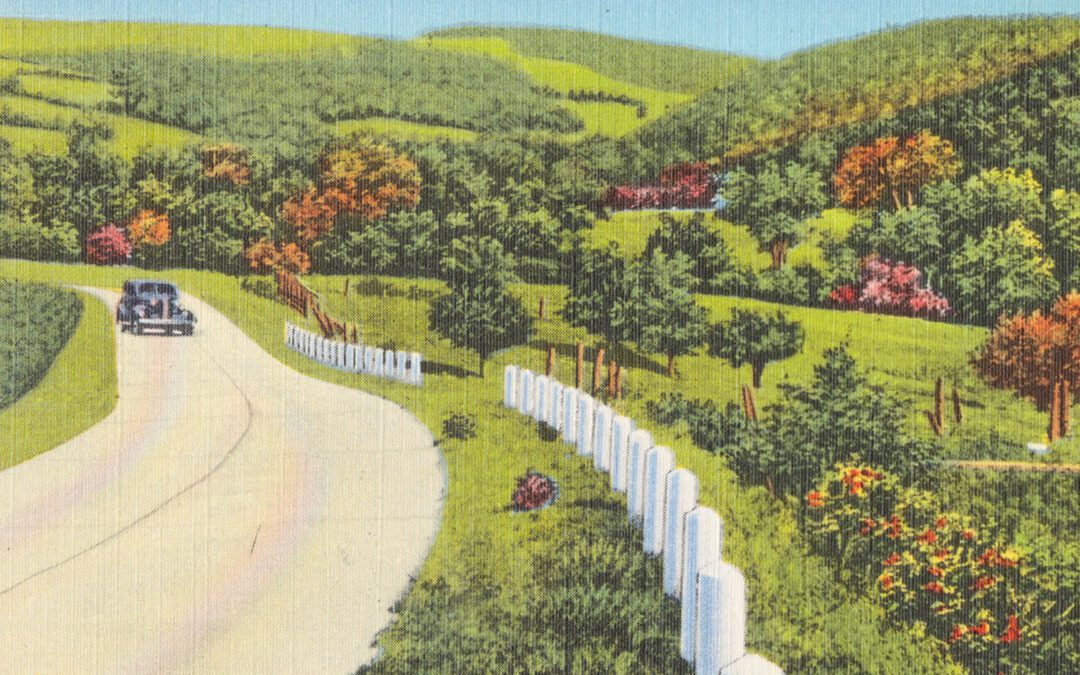
Dearest Hanna, Your perceptive and poignant stories and journey give us entre to a past world… but you gently add the unasked question – is it really past?
Not knowing the age of your co-passengers/hosts, I would guess that they were from your generation. Is that correct?
I have spoken to High School students in a number of schools in Germany. They are probably the 2nd generation of youth who have had Holocaust instruction in school – annually. I believe that the students I met would not have made such off-handed anti-semitic comments. I would like to think that they have a different perspective about their grand/great grandparents’ participation in the “war effort”. I would like to think that this younger generation is able to understand the history and dangers of Hitler’s leadership – for the Germans, too. I would like to think that they would have at least had the sense to keep their thoughts to themselves.
I wonder if during the 3rd Reich, if someone couldn’t pay their rent for housing OR for a milk cow, would they blame a non-Jewish owner – after all, there were no more Jews to blame anymore. But, I am appalled that your hosts did not even realize that you – and your parents- were victims of the genocide, and have the good sense to censor their thoughts.
My dear Ettie, thank you for digging deep into the blog! Reading the news I was energized to share the memories but in the writing there was a tension between speaking truth and protecting my neighbor. I would love to talk✡️????